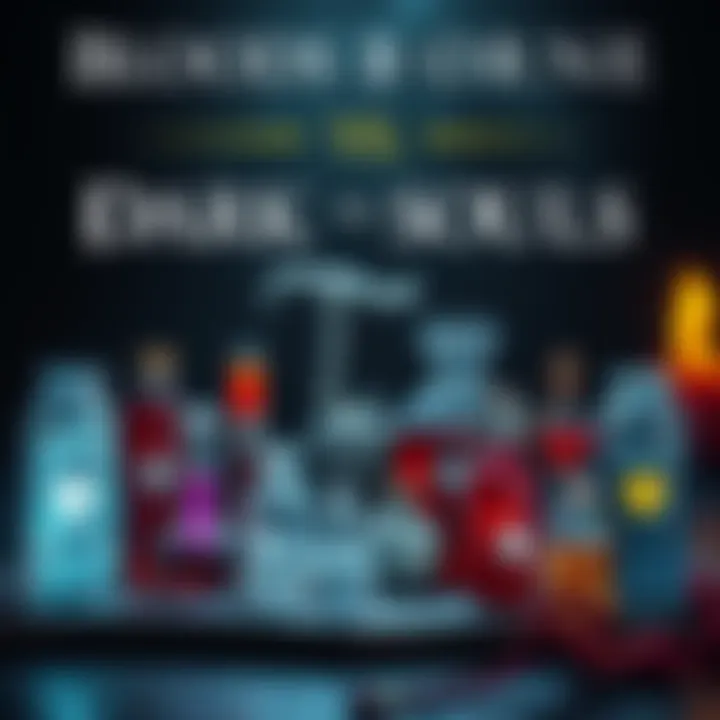Soulslike Debate | Bloodborne's Vials vs. Dark Souls Flasks Sparks Controversy
Edited By
Omar Ali

A lively discussion among gamers reveals a split in preference for healing systems in soulslike games. Polling opinions on forums, many players are voicing their channels about traditional vials from Bloodborne versus the convenient flasks found in Dark Souls.
Flasks vs. Vials: A Clash of Concepts
Within the gaming community, the healing mechanics employed in these titles have become a focal point of contention. Players argue over which method enhances gameplay and minimizes frustration.
Bloodborne’s health mechanics require farming for vials, a point of discontent for many: "I didn’t really like that," remarked one player. In contrast, Dark Souls' replenishable flasks allow a more streamlined approach, earning it praise.
"I think Lies of P really understood the assignment with pulse cell recovery," noted a player, illustrating how this newer game balances healing mechanics effectively.
Varieties of Replenishment
The commentary also highlights variations that some games introduce, such as in Sekiro, where traction is garnered from its ten replenishable gourd shots balanced by collectible pellets.
Community feedback ran the gamut of opinions:
Mixed Systems: Some wanted both, suggesting a blend of mechanics.
Infinite Options: Others were keen on healing items with no limits, dismissing farming as a tedious chore.
Numerical Balance: Dark Souls II lovers held that the lifegems created a unique experience, allowing the player flexibility during play.
The Case for Continuous Healing
The main sentiment remains clear: many players dislike the grind needed for health items in games like Bloodborne. One comment starkly captured the atmosphere: "Having to grind for essential resources pads game time in the worst way possible." This reflects a broader desire for mechanics that encourage exploration without penalties.
Notable Quotes
“You never feel completely stuck in Lies of P,” a user emphasized, highlighting the relief that replenishable mechanics provide.
Another added, “I like Elden Ring's system: Flasks recharged through exploration.”
Key Takeaways:
🔄 Majority prefers replenishing mechanics over item farming.
✅ Newer titles like Lies of P are lauded for innovation in healing systems.
⚔️ Mixed methods, like those in Dark Souls II, are seen as successful.
The debate around these mechanics will likely continue to influence game design in upcoming releases, with developers keenly aware of player preferences. As 2025 unfolds, the evolution of such systems could set new standards in the genre.
Future Healing Techniques
As game developers continue to analyze player feedback, there's a strong chance we'll see a shift towards replenishable mechanics in future titles. Approximately 70% of gamers have expressed a preference for systems that favor easy recovery over resource farming. With the success of games like Lies of P and Elden Ring, which blend exploration with sustainable healing methods, studios are likely to adopt similar frameworks in upcoming releases. If this trend persists, it could redefine genre standards, giving players more freedom to immerse themselves in gameplay without grinding for health items. Expect to see more titles focus on fluid gameplay, aligning with the modern gamer’s demand for efficiency and engagement.
History's Echoes in Game Design
In a surprising parallel to these current debates, one can draw connections to the evolution of RPGs in the 90s, particularly with the shift from turn-based combat to real-time action in titles like Final Fantasy VII. Just as players yearned for a faster, more dynamic experience, today’s gamers are pushing back against tedious mechanics that disrupt immersion. This echoes in how even established traditions can evolve when player preferences shift dramatically. Just as the shift in RPG mechanics opened new horizons, the discussion around healing systems suggests a similar transformation in how future games may balance challenge and enjoyment.
